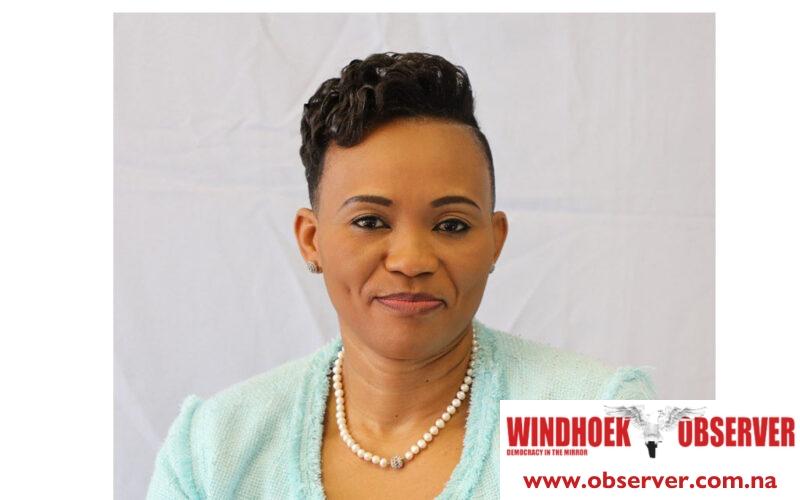Niël Terblanché
The Occupational Safety and Health (OSH) Bill is a step closer to becoming law after stakeholders met in Windhoek on Tuesday for a validation workshop.
The meeting brought together representatives from government, labour, employer organisations, and the International Labour Organisation (ILO).
Aune Mudjanima, deputy executive director in the Ministry of Justice and Labour Relations, said the workshop marked a crucial step in Namibia’s effort to protect workers.
“Validating this bill is not the end of our journey. It is the beginning of a new chapter in Namibia’s OSH history,” she said.
The Bill seeks to update and unify Namibia’s current health and safety rules, which are spread across different ministries and agencies.
It outlines the responsibilities of employers and the rights of workers and includes provisions for employee wellness.
It also considers the link between work-related risks and mental health.
“The Bill includes the right to information, training, and representation and places wellness, including mental health, at the core of its framework,” Mudjanima said.
She added that workplace safety supports both economic growth and productivity.
“We must never forget that behind every statistic, there is a human being who deserves to be protected,” she said.
Henry Bruwer, representing the Namibia Employers’ Association (NEA), welcomed the progress but warned that the law must be practical, especially for small businesses.
“A lot of work still needs to be done to actually have legislation that covers all employers and employees in all sectors” Currently, the lack of resources to implement the bill’s provisions excludes the informal sector and SMEs, he said.
Bruwer urged for a single enforceable standard.
“Currently, the provisions of health and safety are scattered over different ministries and agencies. I trust that the envisaged commission for health and safety will address these issues and set one standard to be followed by all,” he said.
He also called for proper enforcement, training, and continued collaboration.
“I urge all stakeholders to deliberate responsibly and meaningfully over the next two days and establish the framework and objectives required to ensure a piece of legislation that addresses the health and safety of all in employment,” he said.
Penevambeko Alina Munkawa, the ILO’s Occupational Safety and Health Specialist for Eastern and Southern Africa, said Namibia’s efforts align with international labour standards.
“The act of adopting policies and enacting laws in labour and occupational safety and health is not a mere fulfilment of the provisions of international labour standards. It demonstrates the recognition of new economic, social, and political realities by the government, employers, and workers,” she said.
Munkawa pointed out that supply chains, which account for 80% of global trade, frequently overlook decent working conditions.
“These create skills and job opportunities, but in many countries, they also aggravate decent work deficits, including poor safety and health measures,” she said.
She also raised concerns about new risks such as artificial intelligence, climate change, and mental health, which require modern laws.
Munkawa said stakeholders appear committed to passing a law that reflects the needs of all workers, including those in informal jobs.




